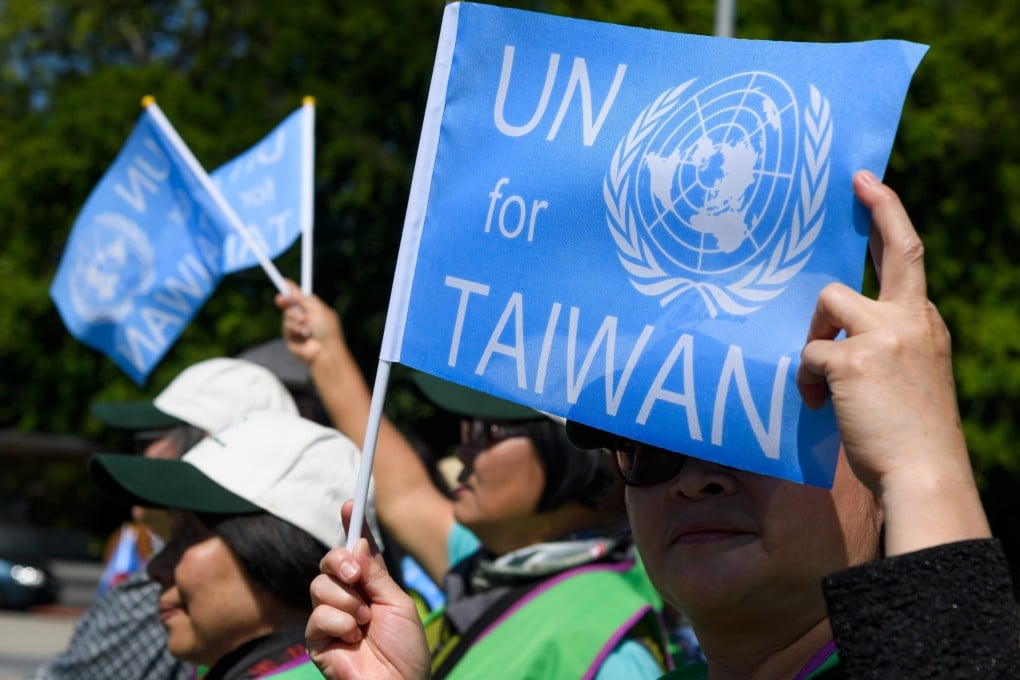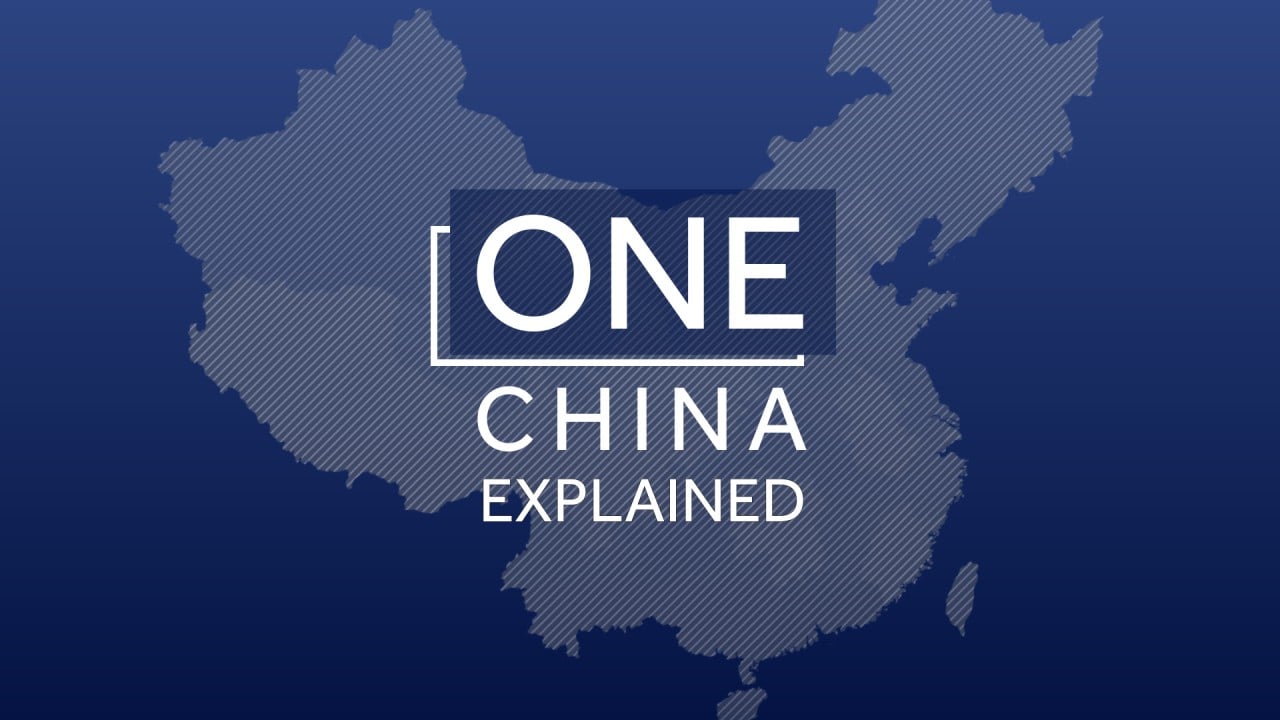Explainer | Support grows for Taiwan to take part in UN, but status change ‘still runs through Beijing’
- Campaign seeks Taiwan’s ‘robust’ participation in UN agencies, ‘which stand to benefit greatly from its contributions’, US Secretary of State Antony Blinken says
- Even so, China wields strong influence in the United Nations and Taiwan would need to improve its relations with the mainland, analysts say

Analysts said such efforts might still lead to nowhere since the key to whether Taiwan can take part remains with mainland China, which views Taiwan as its territory to be returned to the mainland fold, by force if necessary.
In 1971, the island, then represented by the Chiang Kai-shek government of the Nationalist or Kuomintang (KMT) party, was ousted by the UN after the General Assembly adopted Resolution 2758 that conferred the China seat to Beijing.

02:17
‘One China’ explained
Under the 1971 resolution, the UN recognised the People’s Republic of China as the sole legitimate representative of China and as a result expelled “the representatives of Chiang Kai-shek from the place which they unlawfully occupy at the United Nations and in all the organisations related to it”.
Beijing has for decades tried to isolate Taiwan internationally, arguing that it has no right to join the UN, which requires statehood for membership.
Since the 1990s, Taiwan has sought to join the UN almost every year with no avail. It failed again last month at the UN General Assembly meeting.
Today, Taiwan is a member of some 140 organisations, some of which are UN-affiliated groups that do not require country status but have limited influence compared with UN agencies with statehood.